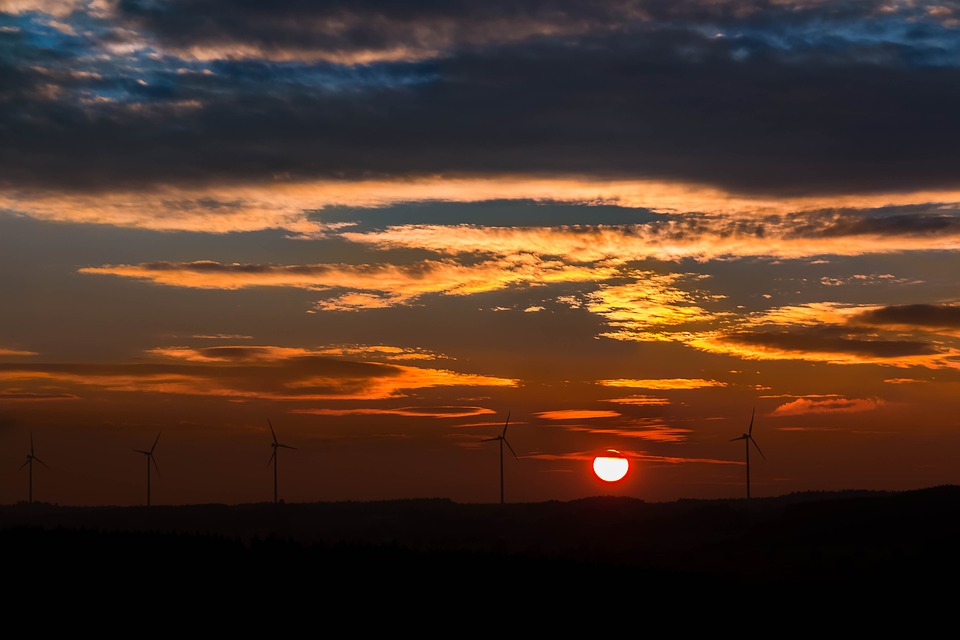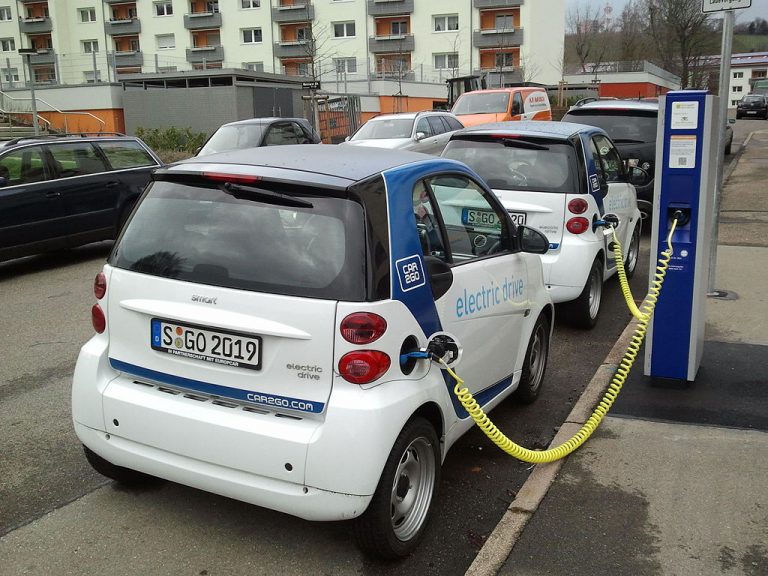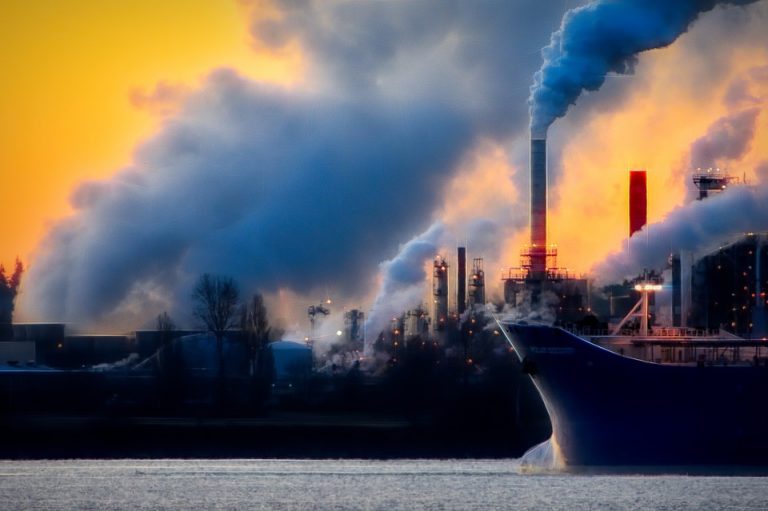
With the excessive consumption of fossil fuels and United States’ “not-so-warm” relationship with Arab nations, we will see the energy crisis of our time soon. Switching to renewable resources like solar energy can minimize the risk of power crises.
Wikipedia defines energy crises as “any significant bottleneck in the supply of energy resources to an economy.”
Simply put, energy crises is a constricted supply of energy resources to an economy, leading to fuel shortages and increased price to consumers.
USA has gone through two major energy crises in its history. One of them was infamous 70s energy crises due to an oil embargo imposed by the member Arab nations of the OAPEC. Consequently, oil prices rose from $3 per barrel to $12 in the three months after the “ban” was announced.
Americans faced prices hike and unavailability of fuel like never before, causing long queues and fights at gasoline stations around the nation. It also led the country to deep economic recession.
The second one took place in 2000-01 as California electricity crises. Also known as the Western U.S. Energy crises, it was marked by the shortage of electricity supply triggered by illegal closing of pipelines by Texas energy consortium Enron, increasing population, market manipulation and higher retail electricity prices.
Is America On the Way to the Next Energy Crisis?
Today, the nation has abundance of coal, natural gas, oil reserves that could last thousands of years. So, it may seem impossible to face energy crises like we had in 70s. Plus, there are no energy-driven security threats so far. The country hasn’t been facing embargoes.
However, it can’t be denied that excessive energy consumption will lead to the nation to another energy crisis.
According to one study, an average American consumes as much energy as 370 Ethiopians, 128 Bangladeshis and 13 Chinese. The same study finds that the USA consumes 24% of the world’s energy. Needless to say such rate of energy consumption may shrink our natural resources.
But excessive energy consumption is just the one concern. The maintenance and security of the energy infrastructure is the next challenge.
Charles McConnell, executive director of Rice University’s Energy and Environment Initiative, says,” The U.S. is making itself less resilient against catastrophic failure from a major weather event or terror attack every day. Our infrastructure increasingly depends on much less secure, resilient and reliable sources of energy, like wind, solar or even natural gas. These sources do not provide the dependable availability of nuclear or coal.”
He also states that many of “coal and nuclear plants are no longer operating” and many of them will be phased out soon.
It is also worth to mention the U.S. imports of crude oil supplied by OPEC nations are 34%. The security or risk of oil imports from these nations is determined by the logistics reliability and the supplying nation’s relationship with the U.S. So, the supply of oil to the US is likely to be affected if export government turns unstable or hostile towards us.
On the top of that, the recent Hurricane Harvey has led to the shutdown of the major oil refineries in Texas, including the largest one in the USA. Many experts opine that it will negatively affect oil supply throughout the USA.
Solar Energy Can Mitigate the Risk of Energy Crisis:
Renewable energy resources like wind, sunlight and geothermal heat can reduce our dependency on the vanishing fossil fuels, mitigating the risk of power crisis.
Solar technology can be ultimate and feasible solution to the looming energy crises. This is because it is more affordable, prevalent and accessible energy source across the USA. For example, a solar panel is more common in US households and helps people save significantly on both electricity usage and bills as well. Solar energy is also a clean energy resource and doesn’t pollute environment or causes health hazards like coal and oil.
And the statistics of solar power usage in the USA are encouraging.
One million solar panels have been installed on the America’s rooftops by 2016, accounting for 27.2 GW of solar energy. It is enough to power 6 million homes.
USA is the second largest solar energy consumer after China.
In 2016, a solar panel was installed every 36 minutes.
By 2022, more than 18 GW of solar PV capacity will be installed annually.
Despite these startling facts, solar energy accounts nearly 2-3% of the total energy consumption in the USA. It means that we have to wait for more years to see the real solar revolution.
To make that possible, solar energy should be used and installed on the wider scale. Is that possible?
Here Eon Musk presents his solution ,”If you wanted to power the entire U.S. with solar panels, it would take a fairly small corner of Nevada or Texas or Utah; you only need about 100 miles by 100 miles of solar panels to power the entire United States.,”
“The batteries you need to store the energy, to make sure you have 24/7 power, is 1 mile by 1 mile. One square-mile. That’s it.” added he.
How to Incorporate Solar Energy in Daily Life?
We can lend our contribution to save infinite energy resources by switching to solar energy. It will not only conserve the energy for longer, but also keep environment clean and green. Let’s have a look on some ways to use solar energy in daily life.
Solar Panels
Solar panels are one of the affordable and simple ways to harness solar power. They are rectangular metal boards comprised with multiple solar cells over their surface. These photovoltaic cells are made up of two slices of semi-conducting material like silicon. These cells convert sunlight into electricity when exposed to the direct sun.
Solar Vehicles
Though solar vehicles are not common like their gasoline counterparts, they’ll likely to showing up in near future. Such vehicles will get energy to be operated from the solar panels installed on the roof and side.
Solar Chargers:
Solar chargers use solar energy to charge your devices like mobile phone. These chargers are generally placed by a sunny window to make them store the energy.
Water heaters:
The power of the sun also heats up our water! Solar water heater is the best way to save money on electricity or gas bills. There are several types of solar water heater developed for different climates.
Bottom Line:
Solar energy is more than an alternative energy when the nation is stood on the verge of another energy crisis in near future, if it is not happening now. Apart from minimizing energy crisis risk, solar energy won’t harm environment when compared to conventional resources like oil and coal. In this way, we can hope that the next generation will fuel up their vehicle without having to queue up for hours.





Leave a Comment